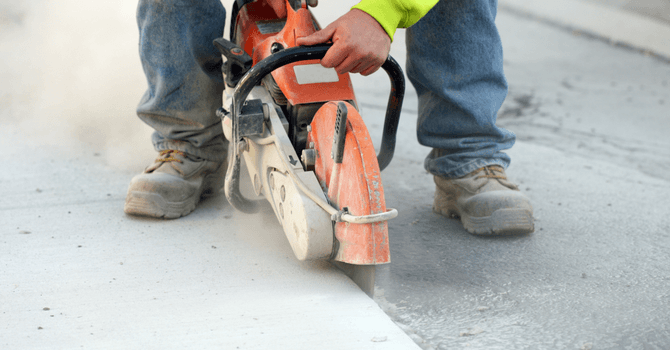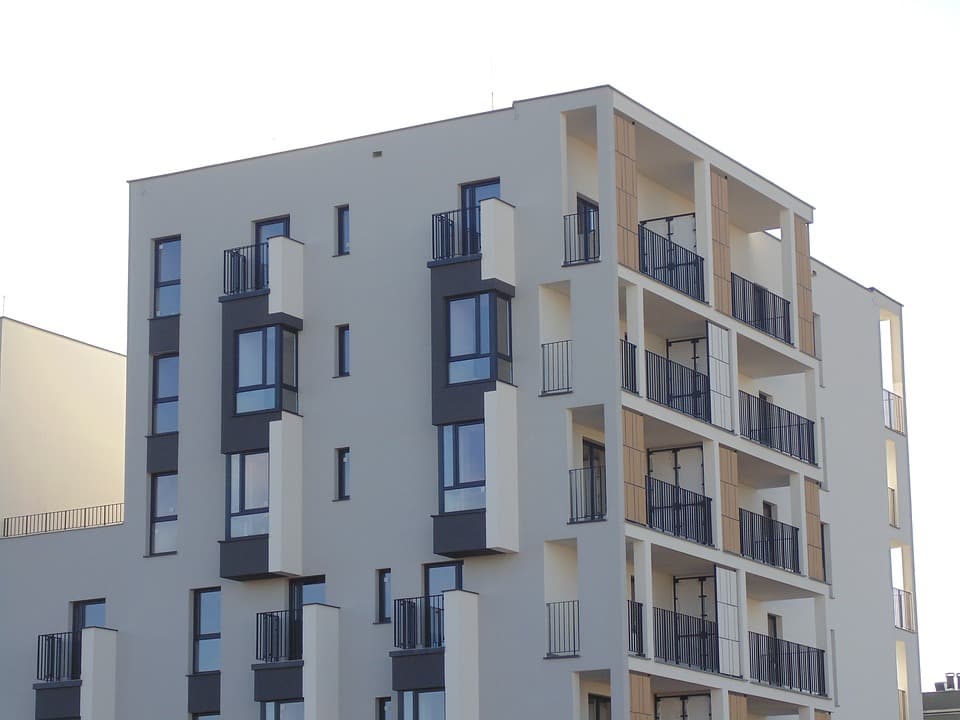What To Do If You Have a Problem With Termites
By Amanda Harvey
Updated on November 8, 2023

To any homeowner, termites are a dreaded potential pest. Although they play an important role in the ecosystem by recycling wood, facilitating the decomposition of organic matter, replenishing essential nutrients in the soil and assisting in the growth of new plant life, these little buggers can't tell the difference between a tree and a house.
As a result, if not detected quickly, they can cause serious structural damage to a home. It is important to first identify the presence of termites and then take the proper steps to deal with these tiny pests.
How to Identify a Termite
Due to their innate physical similarity to ants, it is essential to distinguish whether or not you actually have termites. This is not as simple as setting traps, and one must properly investigate how and where the potential termites are inhabiting. If you should discover that you do indeed have termites, it is crucial to distinguish the species of termite based on the structural damage that active colonies have created in your home.
A colony can range in size, with anywhere from hundreds, to thousands , to millions of members, and can consume up to half a kilo of wood a day. In Canada, the most common species of termites include the eastern subterranean termite, the western subterranean termite, and the Pacific damp wood termite.
The subterranean species are responsible for the bulk of damage inflicted on city homes, as the damp wood species target moist and rotting wood, which usually indicates an ongoing issue with moisture. All species live in warm and humid environments but in cooler regions of Canada termites nest below the frost line or inside heated homes.
Termite Inspection Time!

source: Flickr, Balance of Nature
Although it is believed that termites primarily nest in wood, this is not the case. For a termite, any plant-based object is a potential form of food, as they eat cellulose. Although they generally remain hidden in undetected spaces, there are foolproof ways to know if they are present in your home. The subterranean species of termites create mud tubes along walls, fences and steps in order for them to travel between their colony and food source.
If you spot lines of mud in your basement or garage, then there is a definite possibility of termites. Other signs include spotted, discoloured or warped wood, as well as hearing a hollow sound when knocking on a wood surface. Termite damage happens at a slow pace, so the damage may not be initially evident. It is crucial to decipher where the infestation is located as well as how well-established it has become.
Removing Termites from Your Home
If you are certain that termites are damaging an area of your home, now is the time to act! Before addressing the problem on your own, it is recommended that you consult a professional exterminator who is trained in dealing with a termite infestation.
The cost of inspection, extermination and remediation will vary province to province as well as city to city. Unfortunately, once termites have infested an area of your home, the infestation is very difficult to control and terminate, so alongside extermination, careful prevention methods must be taken.
How To Prevent a Termite Invasion
Make sure to reduce moisture levels in your home, and prevent standing water wherever possible, this can be done by tending to leaks as well as keeping all drainage flows away from the main building of your home.
Trees and vegetation around the home should be well maintained, so that plant life does not come into direct contact with the house. If you have lumber or firewood, store it in a clean and dry place, so as to avoid attracting colonies from breeding.
Author: Amanda Harvey
Get 3 quotes for your termite removal project
RenoQuotes.com can help you get quotes for your termite removal project. If you submit your project to us, we’ll put you in contact with the most suitable contractors for you. Fill in the form on our homepage (only a few minutes), and you will receive quotes from trusted professionals.
Dial 1-844 828-1588 to speak with one of our customer service representatives
Looking for something else?
Related articles
The latest industry news, interviews, technologies, and resources.

Léa Plourde-Archer
•29 Oct 2024
Are you all about wellness spas and dedicated to improving your well-being? Looking to create something similar in the comfort of your home?

Editorial Team
•08 Nov 2023
Concrete sawing is a highly technical practice, which requires the expertise of a specialized company. Across Canada, numerous companies offer a wide range of services to the public, including concrete sawing, drilling, or demolition.

Editorial Team
•08 Dec 2023
Now that the last leaves have fallen and are gently whirling about the ground, our festive holiday spirit is in full flight. With the first wintertime chills wafting through, it’s right about time for you to dive into the Christmas spirit and channel your creativity. Shimmering garlands with the subtle scent of pine and cinnamon, instantly, it seems, turn every fireplace into a veritable cozy and joyful place.

Léa Plourde-Archer
•06 May 2025
Are you currently in the process of renovating your kitchen and now have to choose your new sink? Here are 5 steps that you should follow to find the ideal kitchen sink:

Editorial Team
•08 Nov 2023
Owning a rental apartment is not without challenges to overcome, as it comes with a number of obligations and responsibilities, which aren’t easy to maintain.